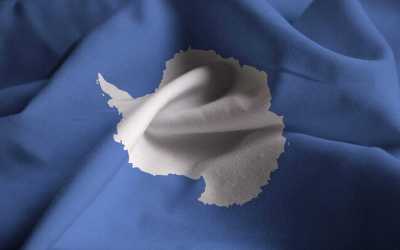Antarctica, the southernmost continent and site of the South Pole, is a virtually uninhabited, ice-covered landmass. Most cruises to the continent visit the Antarctic Peninsula, which stretches toward South America. It’s known for the Lemaire Channel and Paradise Harbor, striking, iceberg-flanked passageways, and Port Lockroy, a former British research station turned museum. The peninsula’s isolated terrain also shelters rich wildlife, including many penguins.
Recommended Travel Vaccinations For Antarctica
| VACCINE | HOW DISEASE SPREADS | PREVENTIVE ACTIONS |
| *People from all over the world travel to Antarctica via ships. Sharing close living places from different people may cause to expose many different diseases. Therefore it is important to visit your doctor daily 4-6 weeks before planing your trip to get medical advice. | ||
| *High winds and low temperature are the basic primary health hazards which face most of the travelers. The effects of the sun in Antarctica (because of the sun’s reflecting off the snow) can be damaging to the eyes and skin, and protective measures should be taken | ||
| *AFTER YOUR TRIP – It is important to see the doctor if you not feeling well after your trip to Antarctica. |
Routine Vaccinations For Antarctica
| VACCINE | HOW DISEASE SPREADS | PREVENTIVE ACTIONS |
| Measles, Mumps and Rubella Vaccination (MMR) | Rubella is a contagious disease caused by a virus.symptoms that can include a low-grade fever, sore throat, and a rash that starts on the face and spreads to the rest of the body. | Get vaccinated.Avoid sharing contacts with infected people.wash your hands using soap. Avoid infected person coughs, sneezes or even talks |
| Tetanus, Diphtheria and Pertussis (Tdap) Vaccination | Tetanus enters the body through breaks in the skin. This is most often cuts or wounds made by contaminated objects.Tetanus enters the body through a wound or cut. It affects the brain and nervous system and causes extremely painful muscle spasms.Diphtheria is a very contagious infection that makes it difficult to breathe. In severe cases, it can cause heart and nerve damage.Pertussis, or whooping cough, is an extremely contagious respiratory infection that can lead to severe breathing problems, especially in infants | Get vaccinated. |
| Chickenpox (Varicella) Vaccination | Chickenpox is a highly contagious infection caused by the varicella-zoster virus. It causes a blister-like rash across the body.Chickenpox can spread from someone with shingles to other who has never had the disease. This happens if a person touches or inhales droplets of the shingles blisters. | Get vaccinated.Avoid sharing contacts with infected peopleAvoid sharing contacts with infected people |
| Meningitis | Airborne & Direct Contact. | Given to anyone unvaccinated or at an increased risk, especially students |
| Influenza | Influenza is a viral infection that attacks your respiratory system — your nose, throat and lungs. This is commonly called the flu, but it’s not the same as stomach “flu” viruses that cause diarrhea and vomiting. | Get Vaccinate Away from people who are infected cough or sneeze |
| Pneumonia | Airborne & Direct Contact. | Two vaccines given separatelyAll 65+ or compromised should receive both |
| Shingles | Direct Contact | Vaccine can still be given if you have had shingles |











